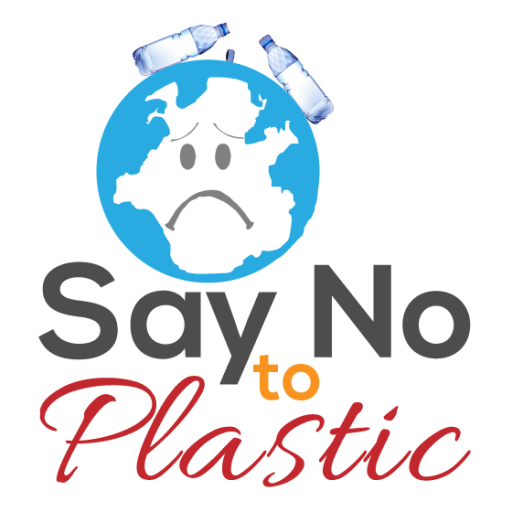Changes in legislation restricting the use of disposable plastic containers and packaging force companies to look for other options, some of which could be up to five times more expensive.
Although the ban will begin to apply twenty-four months after the law enters into force, companies are already beginning to analyze what the implications of the restriction could be.
See “Import of Styrofoam Products Banned”
Marco Luconi, president of Aciplast, told Elfinancierocr.com that “… For example, a tray of 8” x 8” of polystyrene is sold at ?40, while some called biodegradable or compostable, can cost between ?150 and ?200. In some applications where asepsis prevails, these options are not viable, as they tend to have lower margins of thermal tolerance and are not just waterproof’.”
Regarding the gaps in waste management, Luconi pointed out that “… It is important to clarify that compostable plastics require certain compostability conditions in order to degrade (microorganisms, oxygen, etc.). We currently have no national technical standards to guarantee the degradability and composting of these plastics, so how do we ensure that there is no green washing? The other is that practically every plastic can be recycled, either to produce the same product or to be part of another process. Unfortunately, the law does not take recycling into account as an option for those who use this plastic’.”
Panama is another of the countries in the region, where laws have been approved prohibiting the use of plastic in disposable form. In this case, since July 20, the law that prohibits the use of polyethylene bags in supermarkets, grocery stores, pharmacies, among other retail stores came into force in the country.
However, there are also multiple challenges for companies and consumers, as businessmen believe that the restriction should be applied gradually to avoid adverse impacts on different productive sectors of the country.
